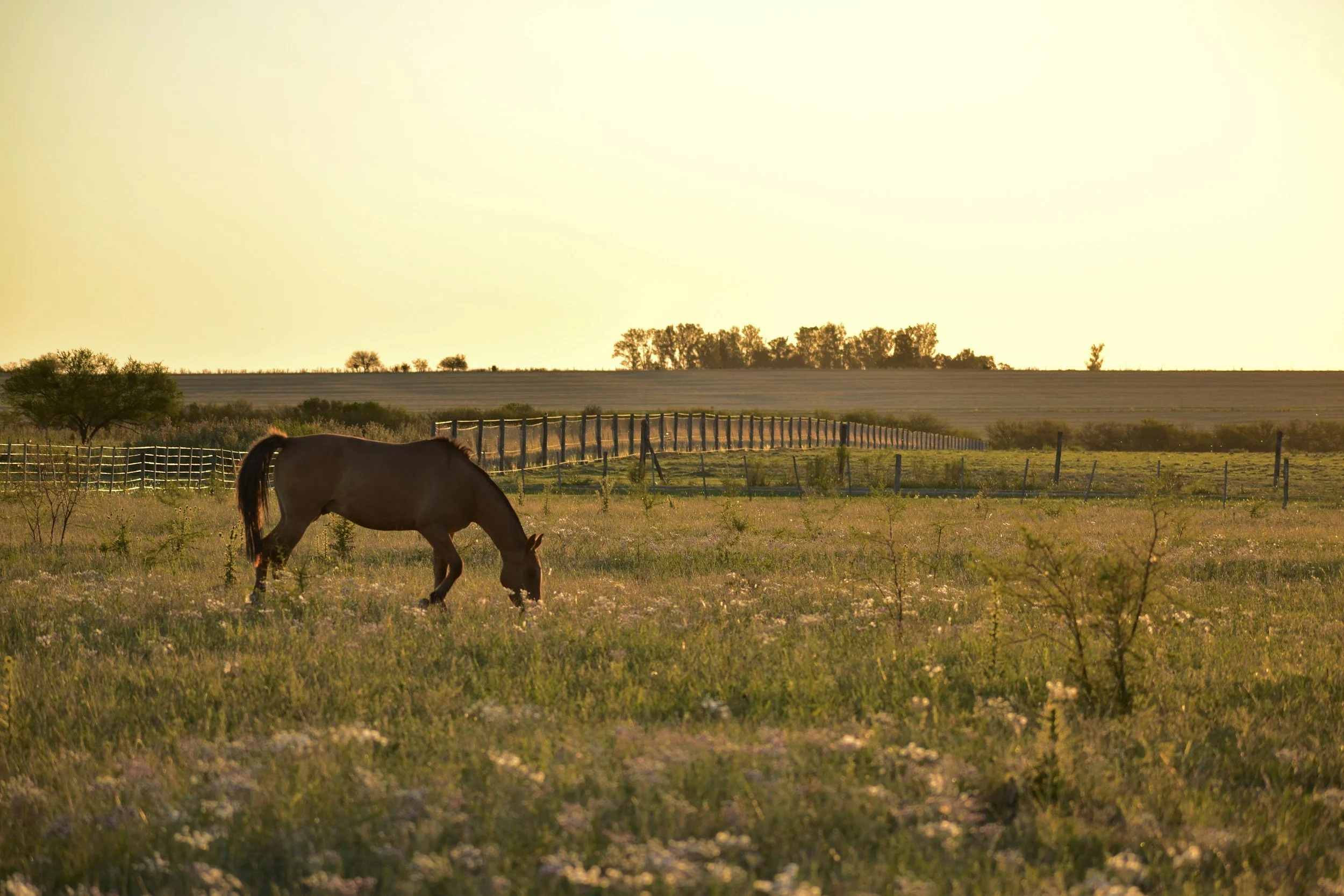By: Joseph Brown, Staff Member
The U.S. Forest Service manages hundreds of National Forests and Wilderness Areas, nearly 30% of America’s federal lands.[i] Each year, millions of Americans visit areas under USFS protection to camp, picnic, sightsee, and enjoy nature. However, a new proposed regulation may have a significant impact on those who want to snap pictures in designated wilderness areas.[ii]
The new rule requires a permit for any photography that “uses models, sets, or props that are not a part of the site’s natural or cultural resources.”[iii] Failure to obtain the proper photography permit could result in up to $1,000 per unpermitted photo.[iv] The proposed rule has provoked an outcry that it would violate the First Amendment.[v]
Alaska Senator Lisa Murkowski called the regulation “just one example of the kind of federal overreach that comes when we lock up our public lands in wilderness designations.”[vi] Wyoming Senator John Barasso called the rule “a direct violation of Americans’ First Amendment rights.”[vii] In reaction to the uproar, the USFS tried to clarify the rule and pacify public outcry in a news release, promising that “[t]he proposal does not apply to news coverage… [or] gathering information for a news program or documentary”.[viii] USFS Chief Tom Tidwell told the press that the agency “remains committed to the First Amendment.”[ix]
While the Supreme Court has not yet specifically defined the First Amendment protection afforded to certain types of photography, some courts have suggested that private recreational non-communicative photography is not fully protected by the First Amendment.[x] Others have said that photography only falls within the purview of First Amendment protection when it has both a message to be communicated and an audience to receive that message.[xi] Nonetheless, the proposed regulation is not very well taken among the American public.[xii]
[i] General Information About the Forest Service, Wildernes.net, http://www.wilderness.net/forestservice. (last visited Oct. 20, 2014).
[ii] Bill Fink, Don't Take That Photo! The U.S. Forest Service Might Fine You $1,000, Yahoo Travel. (Sept. 26, 2014). https://www.yahoo.com/travel/dont-take-that-picture-the-u-s-forest-service-might-98484656432.html. (last visited Oct. 20, 2014).
[iii] Proposed Directive for Commercial Filming in Wilderness; Special Uses Administration. (proposed Sept. 4, 2014) (to be codified at FSH 2709.11, ch. 40, § 45.1c),https://www.federalregister.gov/articles/2014/09/04/2014-21093/proposed-directive-for-commercial-filming-in-wilderness-special-uses-administration#page-52626.
[iv] Fink, supra note 2.
[v] Forest Service clarifies proposal on news photos in wilderness, after First Amendment outcry, FoxNews.com. (Sept. 27, 2014). http://www.foxnews.com/politics/2014/09/27/forest-service-clarifies-proposal-on-news-photos-in-wilderness-after-first/. (last visited Oct. 20, 2014).
[vi] Id.
[vii] Id.
[viii] U.S. Forest Service News Release (Sept. 25, 2014) http://www.fs.fed.us/news/releases/us-forest-service-chief-i-will-ensure-first-amendment-upheld-under-agency-commercial. (last visited Oct. 20, 2014).
[ix] Id.
[x] See Larson v. Fort Wayne Police Dept. 825 F. Supp. 2d 965, 980 (N.D. Ind. 2010).
[xi] See Porat v. Lincoln Towers Community Assoc. 464 F.3d 274 (2nd Cir. 2006).
[xii] Scott Martelle, Parsing the Forest Service's (bad) proposed photo regulations, LATimes.com (Sept. 30, 2014) http://www.latimes.com/opinion/opinion-la/la-ol-forest-service-parks-photography-first-amendment-20140930-story.html. (last visited Oct. 20, 2014).







